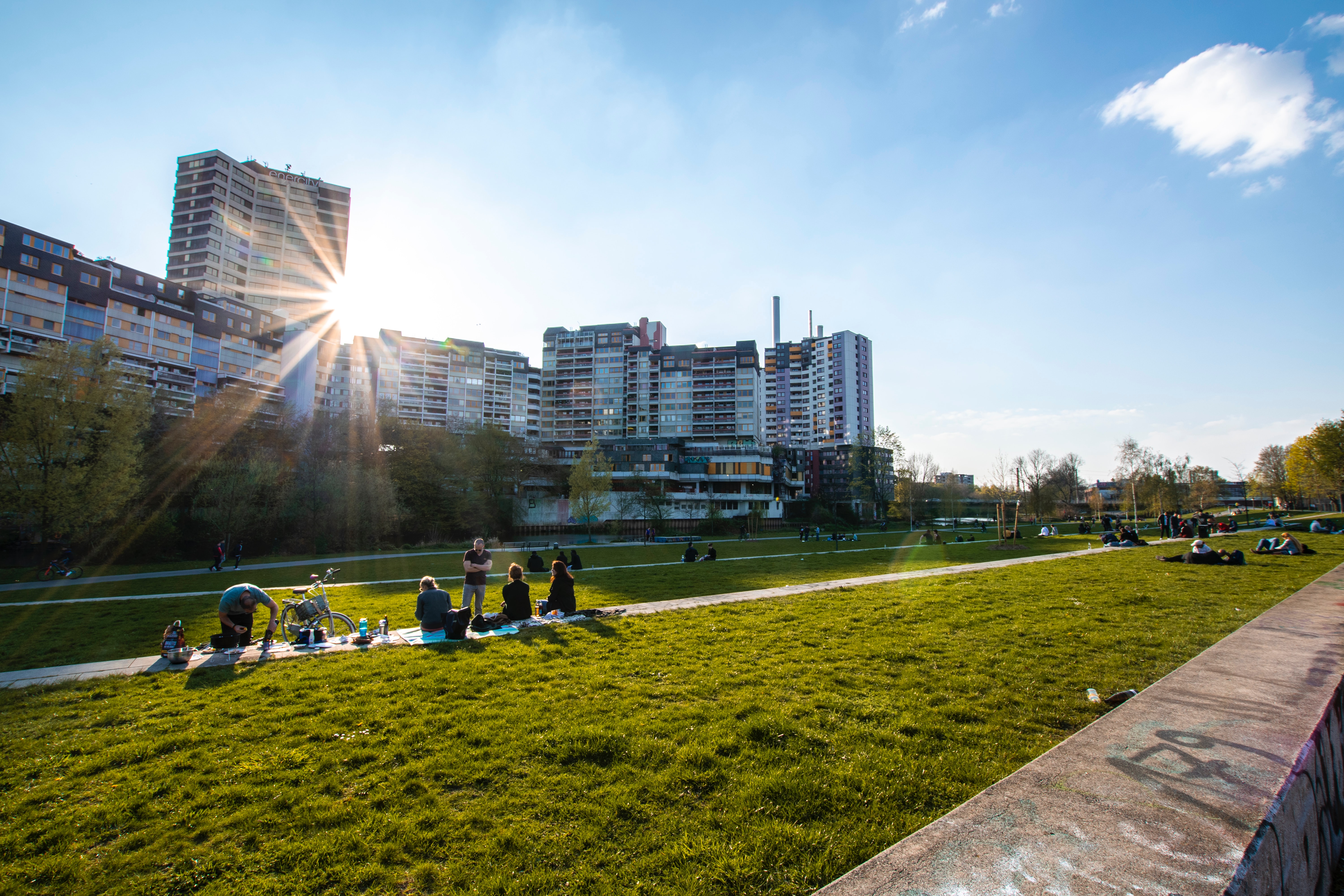Attachments
Note: Not all attachments are visible to the general public. Research URLs will go live after the embargo ends.

Journal/
conference: PLOS ONE
conference: PLOS ONE
Research:Paper
Organisation/s:
University of Colorado Boulder, USA
Funder:
Research reported in this publication was supported by the Harvard JPB Environmental Health Fellowship (CER) and the Developmental Core of the University of Colorado Population Center (CUPC) (CER). The CUPC is supported by funds from the Eunice Kennedy Shriver National Institute of Child Health & Human Development of the National Institutes of Health (NIH) under Award Number P2CHD066613. The content is solely the responsibility of the authors and does not necessarily represent the official views of the NIH. NIH and CUPC did not play a role in the study design, data collection and analysis, decision to publish, or preparation of the manuscript. Researchers at Harvard provided feedback on the study design, but the JPB funders did not. Neither JPB nor Harvard played a role in the data collection and analysis, decision to publish, or preparation of the manuscript.



 International
International


